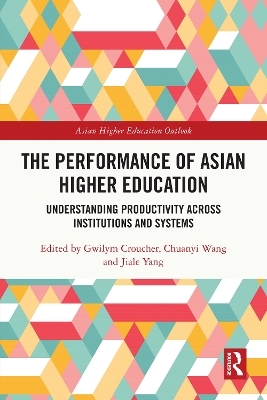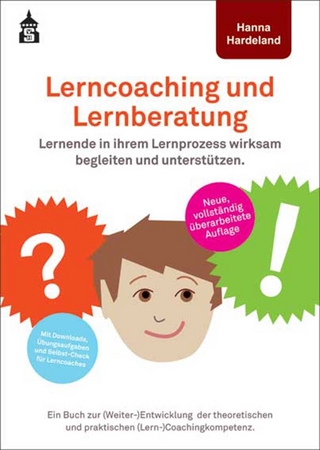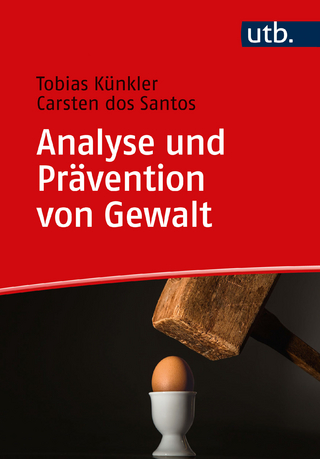
The Performance of Asian Higher Education
Routledge (Verlag)
978-1-032-26582-7 (ISBN)
With contributions from several Asia-Pacific countries, this book compares performance and productivity in higher education from the perspective of institutional change. Using multiple methods and datasets and including case studies from Australia, Cambodia, China, Malaysia, India and Japan, the authors focus on shedding light on the efficacy of institutional policies and reforms.
The worldwide Gross Enrolment Ratio (GER) in higher education neared 40 per cent in 2020 due to the dramatic increase in enrolments in many developing economies, especially in Asia. This significant increase in the number of students in higher education brings great benefits but requires major ongoing investment by governments around the world. This growth has followed waves of internationalization and marketization, and universities are undergoing substantial change in their organization and character. The goal of many institutional policies and reforms has been better performance and higher productivity. Yet little is known about whether they have achieved this aim. Students, government officials and university leaders all have the right to ask whether the outcomes of higher education justify the costs of running the system. Although increasing attention has been paid to higher education institutions’ management and operation, the study of higher education performance and productivity is still in its relative infancy compared to other enterprises.
Written for students and scholars interested in higher education management and productivity, this book will also appeal to government officials and university leaders keen to know more about institutional reform and how to achieve better performance.
Gwilym Croucher is a Research Academic in the Melbourne Centre for the Study of Higher Education. A higher education analyst, he was a 2017–2018 Fulbright Scholar and has been a Chief Investigator on major Australian Research Council-funded projects. His research focuses on questions of the management of universities and the political economy of higher education. Chuanyi Wang is the Associate Professor at the Institute of Education, Tsinghua University. He is the vice director of the Ministry of Education-Tsinghua University Research Center for Educational Strategy and Policy, and the Research Center for Graduate Education, Tsinghua University. His research fields include graduate education and assessment of higher education. He was awarded the first prize for the National Excellent Achievements in Educational Science Research by the Ministry of Education, China. Jiale Yang is a Researcher at the Chinese Academy of Social Sciences Evaluation Studies, Chinese Academy of Social Sciences. Her research interests include talent and discipline evaluation. She was awarded the Future Scholar of Tsinghua University in 2018.
1. Introduction 2. Productivity change in Australian higher education 3. University research productivity in Cambodia: An analysis of Scopus-indexed publications 4. Economies of scale or scope? The development strategies of university and its impact on research productivity in China 5. Paradigm shift in measuring productivity in higher education: Case of select Indian technical education institutions 6. Policy debates and the reality of the research productivity of national universities in Japan 7. Productivity of Malaysian universities: Boon or bane? 8. Concluding remarks
| Erscheinungsdatum | 11.07.2022 |
|---|---|
| Reihe/Serie | Asian Higher Education Outlook |
| Zusatzinfo | 32 Tables, black and white; 32 Line drawings, black and white; 32 Illustrations, black and white |
| Verlagsort | London |
| Sprache | englisch |
| Maße | 156 x 234 mm |
| Gewicht | 453 g |
| Themenwelt | Sozialwissenschaften ► Pädagogik ► Erwachsenenbildung |
| Wirtschaft ► Betriebswirtschaft / Management ► Unternehmensführung / Management | |
| Wirtschaft ► Volkswirtschaftslehre | |
| ISBN-10 | 1-032-26582-5 / 1032265825 |
| ISBN-13 | 978-1-032-26582-7 / 9781032265827 |
| Zustand | Neuware |
| Informationen gemäß Produktsicherheitsverordnung (GPSR) | |
| Haben Sie eine Frage zum Produkt? |
aus dem Bereich


